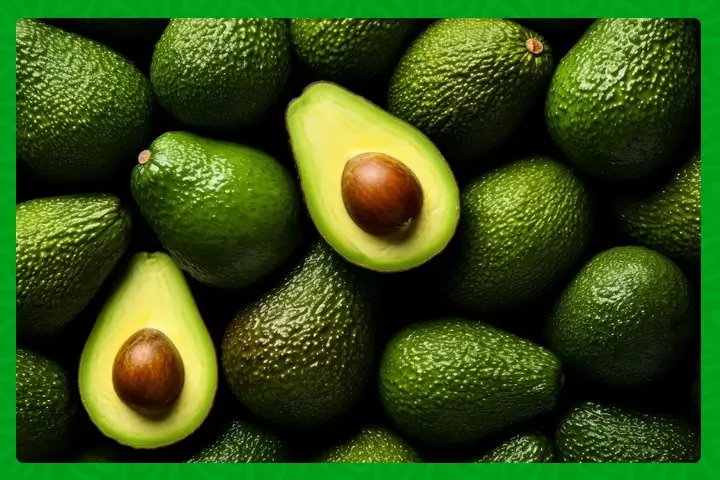
In the luscious landscape of Namibia, where sprawling savannas meet the azure skies, lies a hidden truth that has recently come to light — Namibia’s reliance on imported avocados. The latest revelations, unveiled by the Namibia Agronomic Board (NAB), paint a vivid picture of a nation caught in the grip of avocado scarcity, despite the fertile soils that blanket its regions.
According to the stark figures presented in the NAB report, Namibia imported a staggering 756 tons of avocados valued at N$14.5 million during the 2021/22 period alone. Shockingly, this dependency only seemed to deepen in the following year, with imports skyrocketing to 889 tons, totaling N$16.4 million in 2022/23. These numbers, while concerning, merely scratch the surface of a deeper issue plaguing Namibia’s agricultural landscape.
At the heart of the matter lies a series of challenges that have thwarted local avocado production. A lack of reliable data and limited farmer knowledge have emerged as primary adversaries, hindering the nation’s ability to harness its agricultural potential fully. Emilie Abraham, the astute Manager of Horticulture Market Development at NAB, has sounded the clarion call for action, emphasizing the urgent need for better information dissemination and farmer engagement to catalyze production.
With just over 200 avocado trees sparsely scattered, predominantly in the Kavango and Karst regions, the report paints a stark reality — Namibia’s avocado cultivation falls woefully short of meeting domestic demand. Abraham’s sentiments are echoed by the burgeoning demand from retailers, who are voraciously reserving entire avocado harvests, underscoring the pressing need for increased local cultivation.
Despite concerted efforts to bolster domestic production, Namibia finds itself tethered to imports, importing over 1,200 avocado seedlings annually. Yet, amidst the shadows of dependency, a flicker of hope emerges as some farmers begin to sow the seeds of change, selling avocado seedlings locally. However, the path to self-sufficiency remains fraught with challenges, chief among them being the dearth of official records on avocado production, indicative of a critical need for enhanced data collection methods.
Commercial avocado production in Namibia remains a mere whisper, with less than a ton produced domestically in both 2021/22 and 2022/23. Abraham’s impassioned plea to local farmers rings clear — ramp up production to satiate both domestic cravings and burgeoning trade demands. The tantalizing allure of the avocado market’s profitability, with prices ranging from N$9.79 to N$11.93 per kilogram, serves as a beacon beckoning farmers towards a brighter, more prosperous future.
As Namibia grapples with its avocado conundrum, there are lessons to be gleaned from global giants in avocado production. Mexico stands tall as the world’s avocado powerhouse, commanding 28% of the global output, trailed closely by Colombia and Peru. Namibia stands at a crossroads, poised to carve its path towards avocado independence, armed with insights from these trailblazers.
In conclusion, Namibia’s reliance on avocado imports serves as a stark reminder of the urgent need for agricultural self-sufficiency. The time has come for Namibia to break free from the shackles of dependency, to cultivate its avocado abundance and pave the way for a future where the nation stands tall as a beacon of agricultural prowess on the African continent.
Stay updated with the latest farming tips and agriculture industry news from Africa by subscribing to our newsletter. Don’t miss out on valuable insights and updates. Follow us on Twitter, LinkedIn, and Facebook to join our farming community and stay connected with us.



















